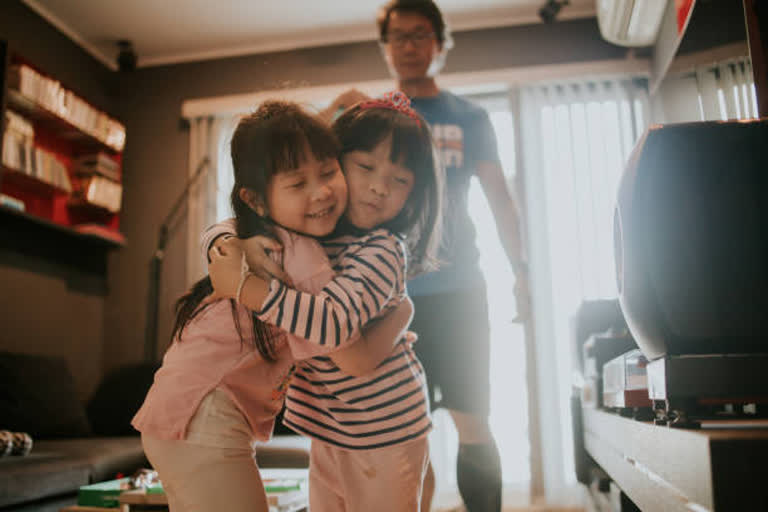Washington [US]: A recent study suggests that teaching children to understand other people's perspectives could make it easier for them to learn how to forgive other people. The study also found that teaching children to make sincere apologies can help them receive forgiveness from others. "Forgiveness is important in children and adults for restoring relationships and limiting future conflicts," says Kelly Lynn Mulvey, lead author of the study and an associate professor of psychology at North Carolina State University. "But we didn't know much about what makes children more likely to forgive others, particularly from early childhood to adolescence. That's what we wanted to explore with our study."
To that end, Mulvey and her collaborators enlisted 185 children, between the ages of 5 and 14, in the study. Researchers conducted an in-depth interview with each child that collected background information and assessed the child's "theory of mind" skills. Theory of mind is your ability to understand that someone else's beliefs, intentions and desires are different from your own.
Researchers then led each child through a series of scenarios involving other children who are "in group" and "out group." Specifically, each study participant was told they were part of a group like the green team. During interviews, researchers described some children in the scenarios as also being on the green team (making them in-group), while other children in the scenarios were on the yellow team (making them out-group). In each scenario, interviewers asked study participants whether they were willing to forgive a group that left them out of a game or activity.
Also read: Sensitivity to musical rhythm promotes social development in children: Research
There were three main findings. First, children are more likely to forgive someone if they have apologized. Second, children are more likely to forgive people who are "in group." Third, the more advanced a child's Theory of Mind skills are, the more likely they are to forgive others. "We found that kids have sophisticated abilities to forgive others," Mulvey says. "Children are capable of restoring relationships with others, and are usually interested in doing so."
The researchers identified two things that parents and teachers may want to focus on related to forgiveness. One is helping kids understand how important it is to apologize in a meaningful way. "Children are capable of discerning an insincere apology, and insincere apologies were not conducive to encouraging forgiveness," Mulvey says. "The apology needs to make clear that someone understands why what they did was wrong. This, in turn, makes other kids more likely to give them a second chance."
The second focus area is helping kids understand the perspectives of other people, even if they are different from you. "One of the biggest implications of our study is that teachers and parents need to actively help children cultivate theory of mind skills," Mulvey says. "A good starting point is getting kids to explain the rationale behind their actions and how this might make other people feel. Helping young people develop these skills in childhood will aid them in navigating a diverse and complex world." (ANI)
(This story has not been edited by ETV Bharat and is auto-generated from a syndicated feed.)



